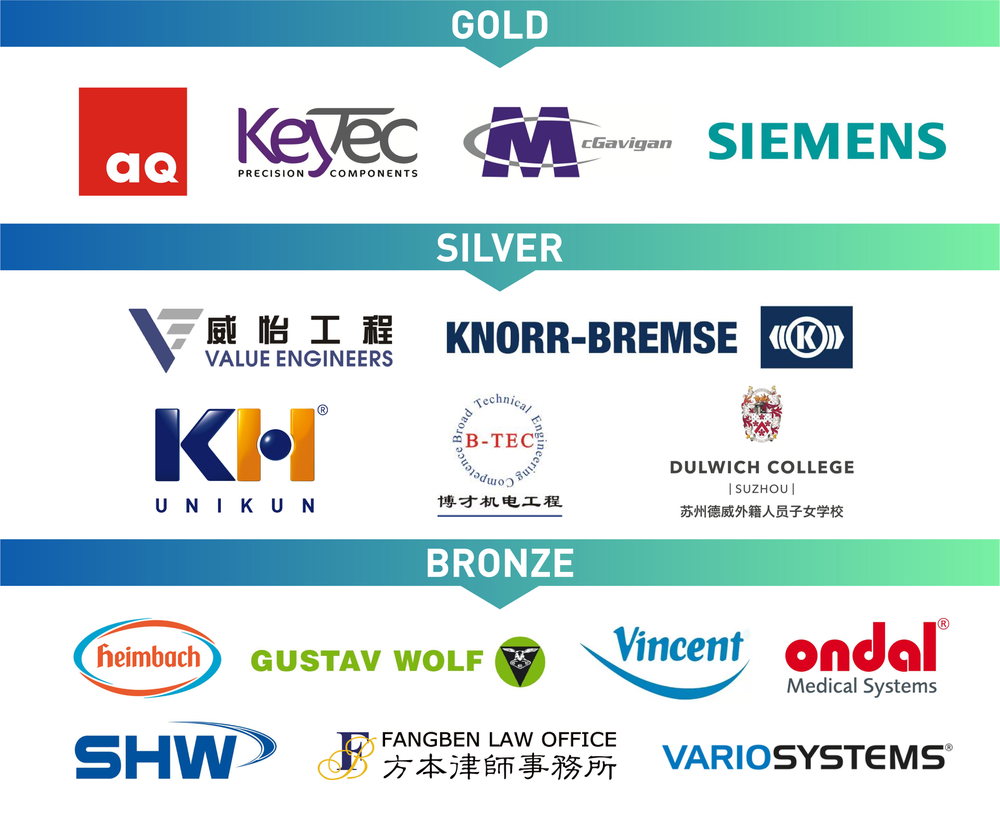Workplace stress is rising rapidly and is having an ever-higher negative impact on employees' mental health. Pfeffer (2018) calculates that mental health costs employers $200 billion every year in healthcare costs, as well as reducing productivity and increasing employee turnover. Many companies have developed ways to support mental health, such as initiatives to encourage sleep, exercise, and meditation, and offering perks like nap pods and snack bars. While these actions can be very helpful, they must be accompanied by a supportive culture and the development of work environments where employees feel safe to talk about mental health.
In this event, Prof. Nuno Camara will lead us to consider the issues at the heart of workplace mental health and explore some solutions that can be applied to strengthen employee well-being . One practice is around boundaries and how this can help us to maintain healthy and productive relationships at work. Another practice is mindfulness, which has seen a huge rise in popularity in recent times, and is known to have hugely beneficial effects on mental health.
A boundary is a limit or space between you and the other person. A clear place where you begin and the other person ends. The purpose of setting a healthy boundary is to protect and take good care of you. Many people assume that boundaries could confine or limit us. However, in reality, healthy boundaries do just the opposite. They free us and allow us to do things in life that matter. In this workshop, Ms. Minghui (Sophie) Zhou will talk about our boundaries with others, share with us how to define our boundaries based on our values, communicate assertively to protect our boundaries, and get what we want while keeping the relationship. Ultimately, our boundaries with ourselves will be the subject to discussion, which is an essential way of self-care.
Mindfulness is the awareness that emerges through paying attention to the present moment on purpose and non-judgmentally. Mindfulness has its roots in Buddhist meditation traditions and becomes mainstream in western countries with the work from pioneer scientists like Jon Kabat-Zinn. Now mindfulness is widely applied in clinics, university, enterprise, prison and government in western countries. Prof. Li Pan (Sunny) will firstly provide a brief introduction about what is mindfulness, how mindfulness works, etc. Then, she will lead a guided mindfulness practices and Q&A.
Target Audience
People who would like to manage the stress at workplace, improve their ability to handle tricky conversations, learn skills to build and maintain positive relationships and get someone to do what you want or say "no" to another's request.
Language
English
COVID-19 Prevention & Control Requirement
- According to the current school's epidemic prevention regulations, you will be allowed to enter the school if you stay in Suzhou within 14 days, otherwise the nucleic acid test report in 48 hours need to be submitted. It is forbidden to enter the school if you have been to high-risk areas and key observation areas (including Shanghai) within 14 days.
- All participants need to show the health code, travel record and receive the body temperature check when entering the school.
Thank you for your understanding and cooperation.
Agenda
1
30PM
-
2
00PM
2
00PM
-
2
10PM
Strengthening Employee Mental Health in the “New Normal”
Prof. Nuno Camara2
10PM
-
3
50PM
Self-care and Boundary Setting in the Workplace
Ms. Minghui (Sophie) Zhou3
50PM
-
4
05PM
4
05PM
-
4
35PM
Mindfulness Session
Prof. Li Pan (Sunny)4
35PM
-
5
00PM
5
00PM
-
5
01PM
Speakers

Prof. Li Pan (Sunny)
Lecturer of Marketing, Program Director of BA Marketing at IBSS, XJTLU
More Information
Tickets
Annual Partners

DUSA Oktoberfest 2021 Sponsors












